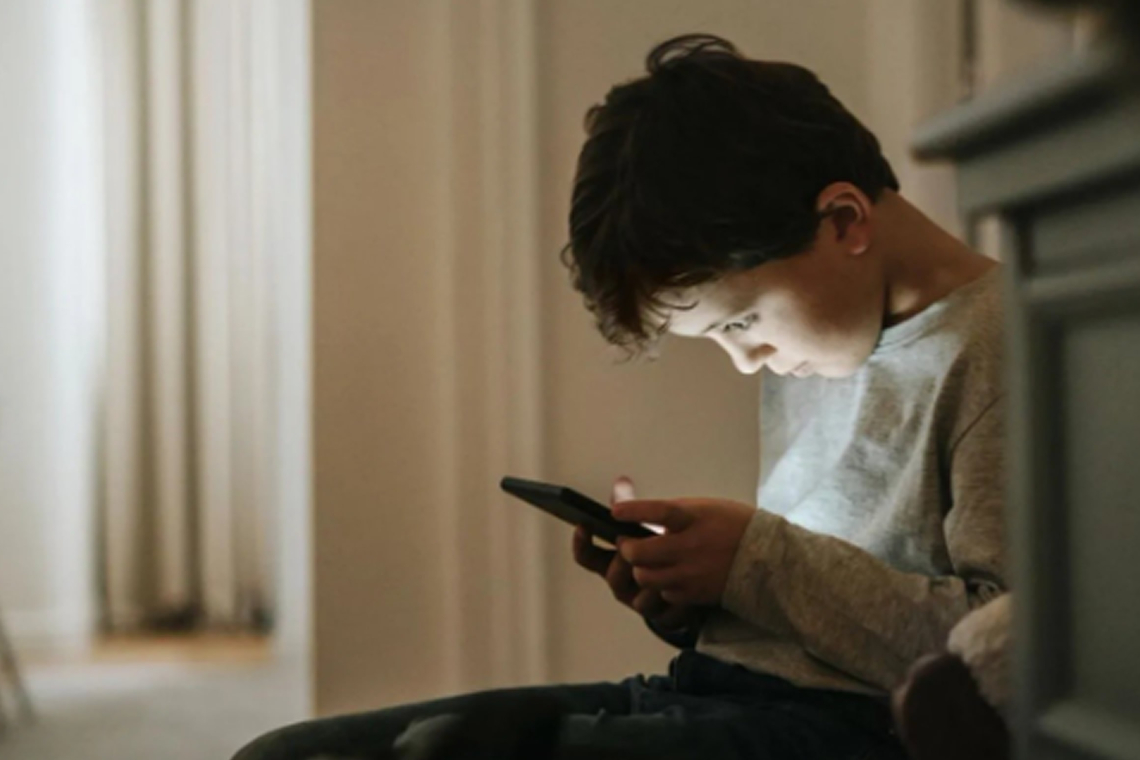Discord Trials Face Scanning to Verify Users’ Ages in the UK and Australia
Discord is piloting facial scanning technology to verify the ages of some users in the UK and Australia, as it prepares to comply with stricter online safety regulations. Originally popular among gamers, the platform now hosts over 200 million monthly users and includes communities that share adult content.
With the UK's Online Safety Act set to enforce "robust" age verification by July, platforms like Discord are under pressure to ensure users accessing sensitive content are of legal age. Social media analyst Matt Navarra told the BBC that this is likely just the beginning of a larger shift.
“Regulators are now demanding concrete proof of age, and facial recognition could be the quickest way to deliver that,” he explained. Navarra described age assurance as the "new seatbelt for the internet," predicting it will become the standard in the UK. “The era of ticking a box to say you’re 13 is over.”
Failure to comply with the Online Safety Act could lead to penalties of up to 10% of a company’s global revenue.
Similar age verification measures are already in place on other platforms. In 2022, Instagram introduced facial recognition checks for users attempting to change their profiles to indicate they’re over 18. Users are required to submit a selfie video, with AI estimating their age, or upload a photo ID.
Discord's new verification, currently described as experimental, will only occur the first time users encounter flagged sensitive content or adjust their content viewing settings. Users can choose between facial scanning or uploading an ID to confirm their age. According to the company, neither the face scan nor the ID will be stored—face scans remain on the user’s device, and ID uploads are deleted once verification is complete.
Teen users already see sensitive content blurred or blocked by default.
Privacy Concerns Remain
While many see facial recognition as a practical solution, not everyone is convinced. Privacy advocacy group Big Brother Watch warned that age verification technology isn’t a "silver bullet." Senior Advocacy Officer Madeleine Stone raised concerns over data security, privacy intrusion, potential errors, and digital exclusion.
On the other hand, the Age Verification Providers Association argues that technology has advanced significantly. Executive Director Iain Corby told the BBC that today’s tools can estimate a user’s age to within 1–2 years based on a selfie or hand movements. He added that platforms have multiple options for applying age checks, from site-wide enforcement to content-specific verification.
Meanwhile, Australia is also tightening the reins, with a proposal to ban social media access for children under 16. Research indicates that over 80% of Australian children aged 8 to 12 are already using apps meant for users over 13.
Found this article interesting? Follow us on X(Twitter) ,Threads and FaceBook to read more exclusive content we post.


